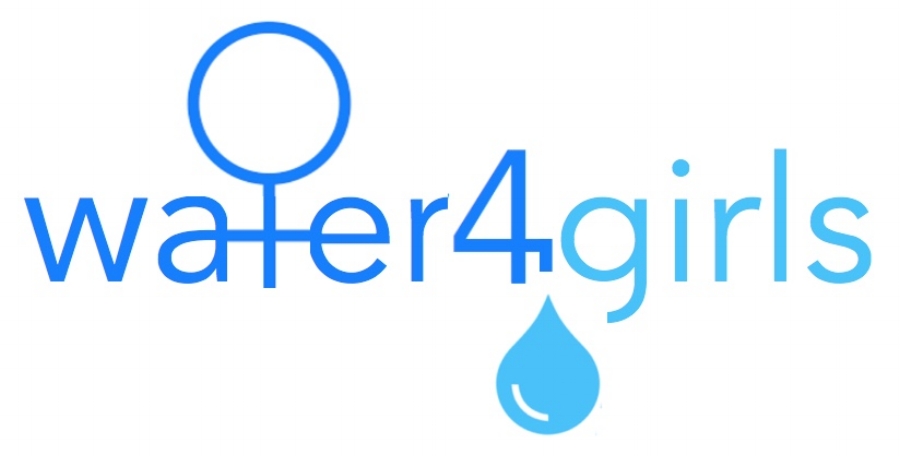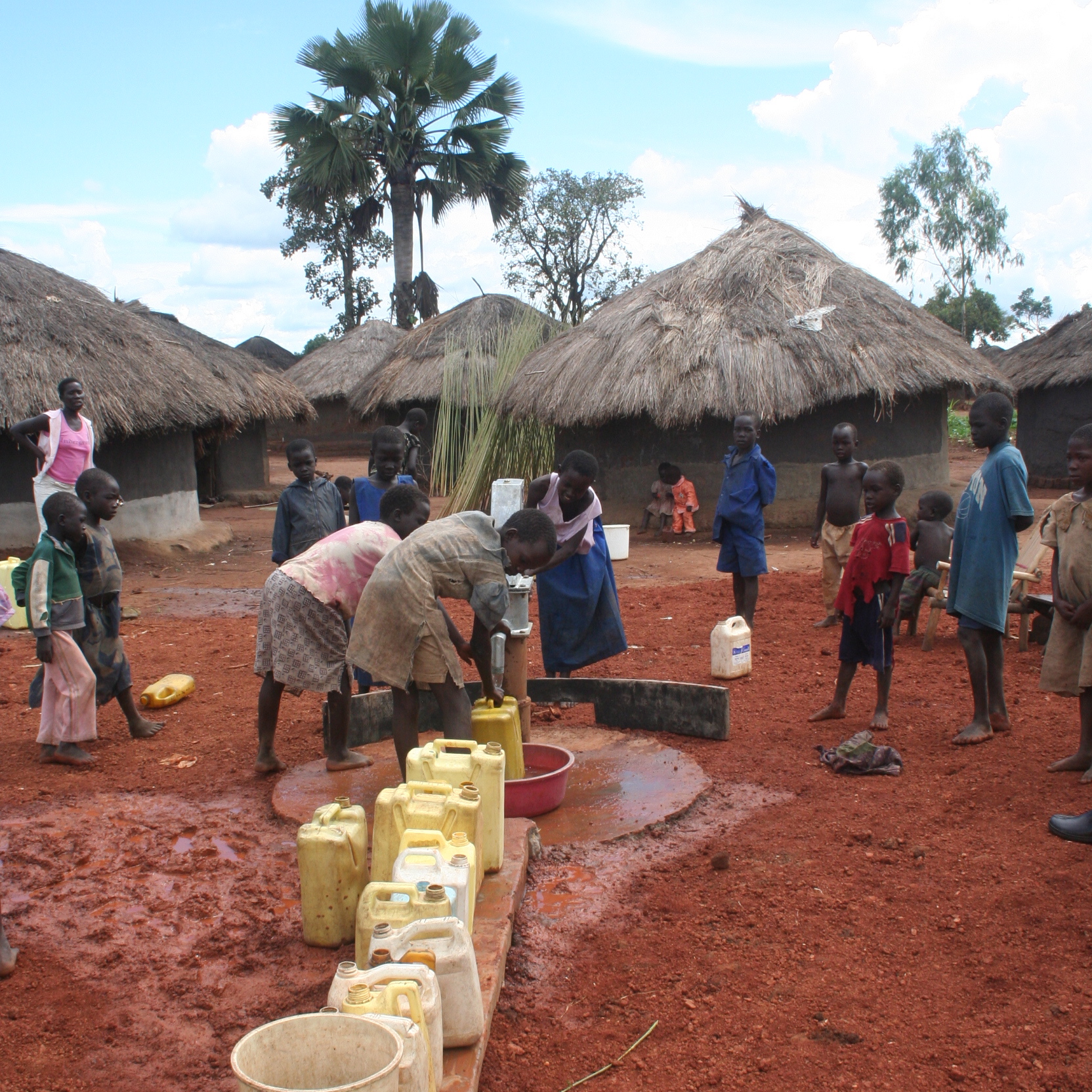The Unnecessary Burden
Around the world girls and women take the lead in overseeing family water needs. The collection and management of this vital human need, however, often comes with an unexpected cost. African females, more than any group, carry a tremendous water burden. Few understand the strength, courage and fortitude that meeting household water needs. In order for this tremendous burden to be lifted and redistributed with equity, detailed stories and statistics must become a mainstream topic.
The commonplace nature of the unnecessary burden of water is an indictment on our species as the most fundamental human need goes overlooked by the powerful and is tied to the most consistent demonstration of human inequity and abrogation of human rights.
Rather than “their” or “a female story” or “another gender-based campaign,” water4girls is about the human story. While economics establish the algorithms of social media and hierarchy of trending and “important” issues in the mainstream, those whose burdens and inequities are exponentially greater (and more consistent than most of those who can chime in with a hashtag) go overlooked and muted. Communing more and more with like demographics in cyber space, people are increasing isolated from groups different from themselves. Since economic means and access to higher education are often precursors to political agency, policy makers generally lack intimate familiarity with the consequential variables surrounding the unnecessary water burden.
Her Long Journey
Girls and women in Africa often walk 3.5+ miles per day to collect water for their large families.
LimIted Education and Increased Violence
The primary responsibility girls and women bear in collecting water for their families often restricts their time for school, extracurricular activities, and increases the likelihood of sexual violence.
Predestined for mediocrity
While some hold their heads high and accept primary responsibility for collecting water as their mothers before them, the unnecessary burden of collecting water often compounds with cultural expectations that relegate a woman's place to that of the kitchen and/or at home watching children. Hours of water collection means that children are unsupervised, women's economic and educational potential is limited, and that cycles of inequity continue.






